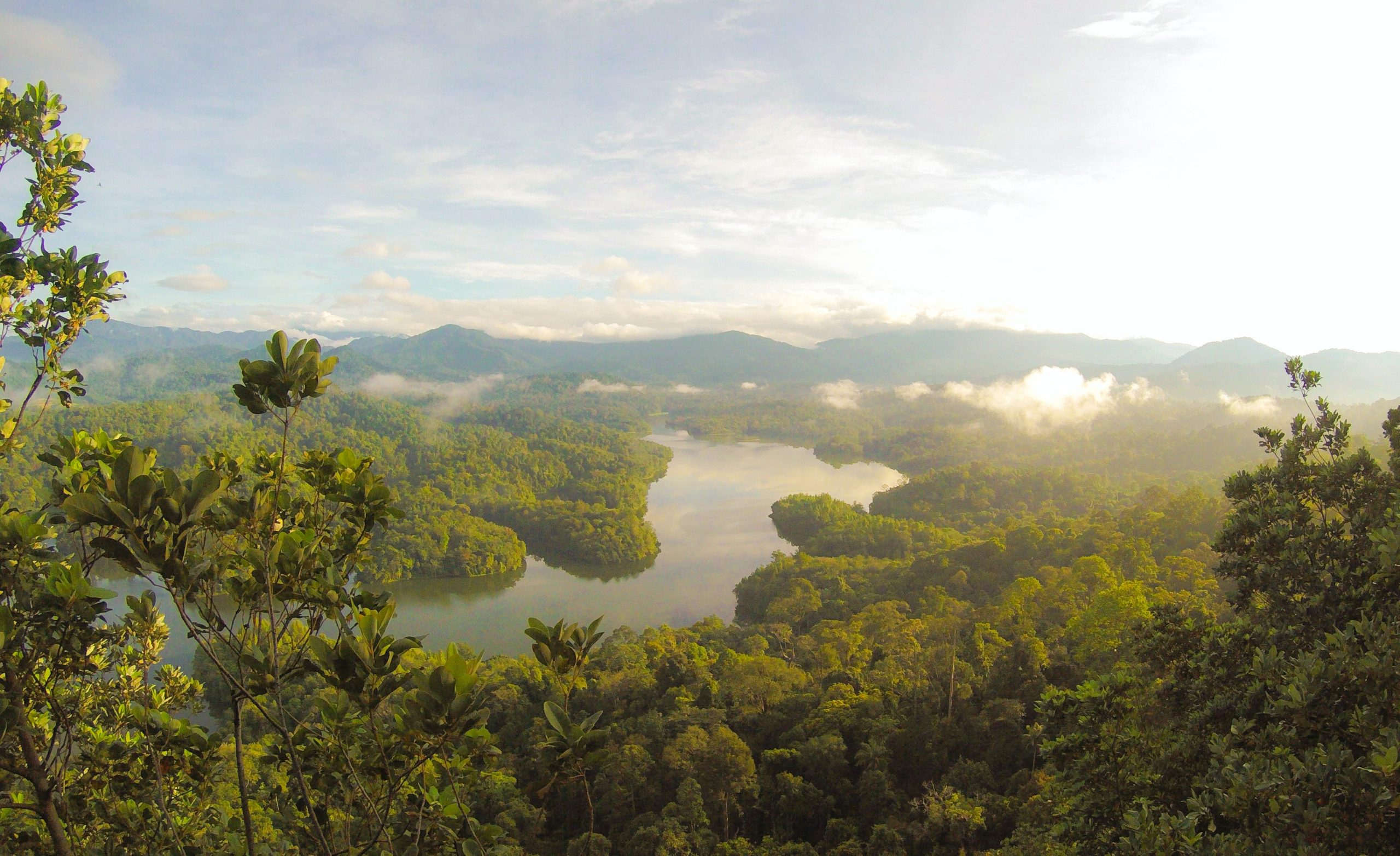
What is biodiversity and why do businesses need it to survive?
Biodiversity is a term to describe the huge variety of life on earth. From bacteria to elephants, from shrimp to whales, from daisies to oak trees – all animal, plant, insect and microorganism life makes up the biodiversity of the planet.
Biodiversity within ecosystems is essential for a healthy environment. An ecosystem is a natural environment in which a huge range of organisms live and interact. Ecosystems can be really big – like a forest – or really small – like your back garden.
Each ecosystem will have its own unique collection of creatures and plants, and they all do different, important jobs. There are a huge number of roles in any given ecosystem, and so a huge number of plants and animals are needed to keep everything flourishing. This is why biodiversity is so important.
Bacteria in the soil decompose dead plant matter; birds control insect populations that might otherwise destroy plants and crops; mammals eat fruit and vegetables and spread their seeds through excretion. If just one animal, plant, or insect is lost, it can have knock-on effects across the entire ecosystem.
In the Amazon rainforest, for example, deforestation by humans has reduced bird populations because there aren’t enough suitable trees in which to make nests. These birds are no longer eating fruit from the trees, and no longer spreading seeds. So, the loss of the birds means fewer new trees can grow.
A loss of biodiversity has as big a negative impact on ecosystems as climate change. We are losing biodiversity across the globe: around 10,000 species go extinct every year, which is 1,000 times faster than we’d expect from natural selection pressures.
Why is biodiversity important?
A loss of biodiversity is bad news for humans: we are part of ecosystems too, and are affected when ecosystems are unhealthy. The term ecosystem services means the contributions of ecosystems to human wellbeing. This might be a river providing drinking water, a forest absorbing carbon dioxide, or a mangrove swamp acting as a flood barrier. When we lose biodiversity, ecosystems begin to fail, and when ecosystems fail, this can mean a polluted river, raised carbon dioxide levels, or severe flooding.
If biodiversity loss is bad for humans, it’s also bad for business
All businesses rely directly or indirectly on strong biodiversity for their base materials: the fashion industry needs cotton for fabric; pharma companies need compounds found in plants; the building industry needs wood from trees. As biodiversity decreases, the availability of these raw materials is threatened. This will raise costs to business.
For the food industry, essential pollinators, such as bees, are at risk of extinction. Without pollinators the mass production of fruits and vegetables will become much harder and more labour intensive, and customers will see the effects on supermarket shelves.
Biodiversity loss might have less direct impacts, where ecosystem services are impacted. We might, for example, see key roads cut off by flooding or landslides, as natural defenses are depleted. A slower supply chain will raise costs for businesses, and insurance costs against natural hazards could climb.
Looking into the future, we might unknowingly lose plants or animals that could hold the clue to a new medicine, or a sustainable building material. In food production, wild versions of food crops might have the right genes to survive new diseases. The loss of biodiversity means the loss of these untapped and precious resources.
Can businesses help reduce biodiversity loss?
We will always need food from crops, and wood from trees, but we need to move to a more sustainable way of obtaining all of these treasures.Business practices can sometimes play a role in the decline of nature. Hence companies must not only reduce negative impacts on biodiversity but must also try to contribute positively towards nature’s recovery. A move to regenerative agriculture is one answer to the challenge.
Regenerative agriculture means adopting farming policies that seek to restore biodiversity. While there is some debate on what exactly the term includes, broadly it focuses on improving soil health, which should have positive knock-on effects on plant diversity and water systems. It also means reducing fertiliser use, which can reduce pollinator deaths and maintain insect populations that feed birds and other creatures.
Businesses can also work to limit deforestation, which causes a number of problems for ecosystems, from removing homes for animals, to exacerbating soil erosion.
Going deforestation-free will look different in different industries. Businesses might ensure only existing farms are used for textile or food crops, rather than encouraging deforestation through the creation of new farmland. They would need to help smallholder farmers ro make a living from the land they currently manage, rather than being forced to cut down more forest. Deforestation-free could also mean sourcing wood from plantation forests, which are grown for timber production, rather than tropical forests. Ultimately, it will mean working with local governments and communities to ensure transparency in the whole product supply chain.
Crop and product diversification can further improve biodiversity. Planting a range of crops – in terms of variety and genetics – has been shown to significantly improve biodiversity and ecosystem service, such as water quality, and even improve crop yields by more than 10%, a win for the environment and business.
Industry must take a look at production and supply chains to see where the greatest reliance on the natural environment lies, then research how business practices can be altered to better protect the environments they rely on. Businesses can also use their financial power to encourage partners to adopt similar, biodiversity positive approaches. This would not only preserve the ecosystems on which the business relies, but would help avoid reputational damage that could turn away customers seeking more sustainable suppliers.
Flourishing biodiversity means flourishing business. By taking action now, businesses can protect the future, and ensure the products we all enjoy don’t cost the earth.
Interested to learn more about OP2B?
For more information on how to join the One Planet Business for Biodiversity coalition, please contact us.

